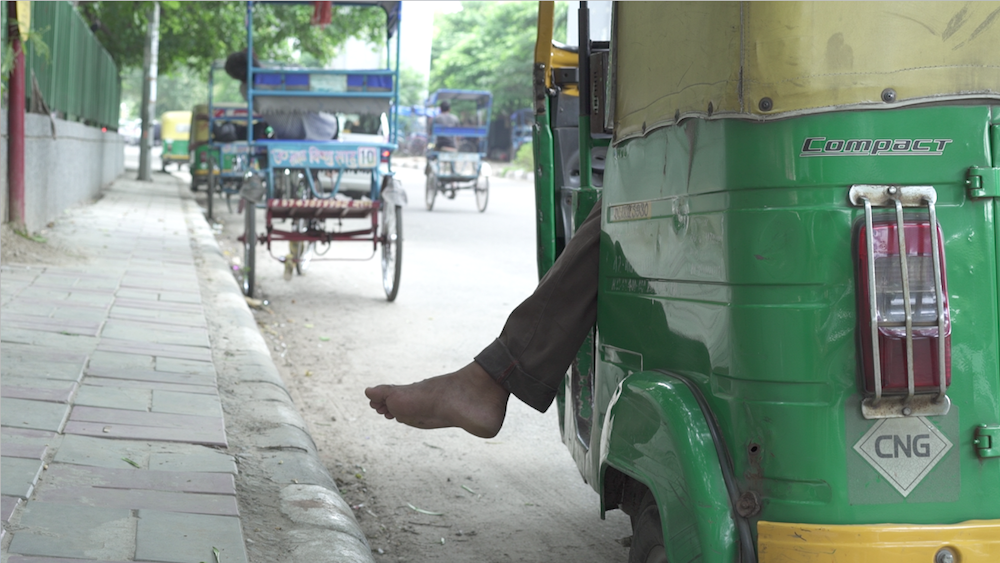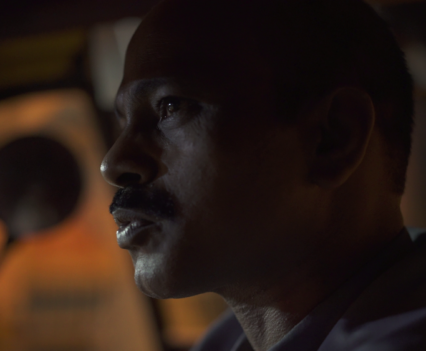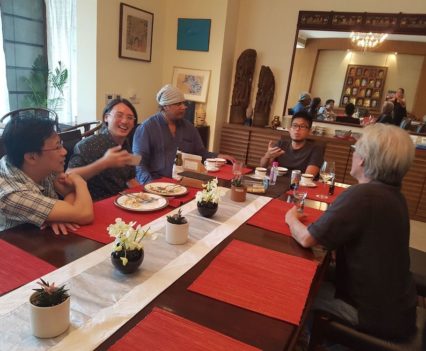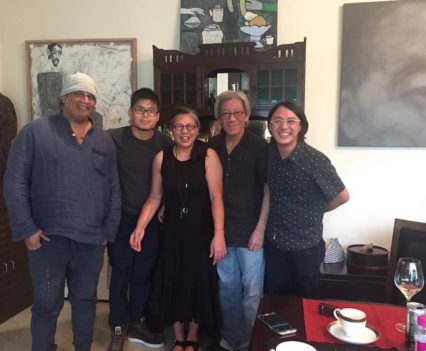Earlier this year, filmmaker Tang Kang Sheng spent a month in New Delhi, India as part of Objectifs’ reciprocal arts residency programme with Cinedarbaar.
Objectifs spoke with Kang Sheng about his experience venturing outside his comfort zone, participating in the Singapore Film Festival, and the independent film scene in New Delhi.
What led you to apply for the reciprocal Objectifs Arts Residency with Cinedarbaar?
I applied for the residency in a foreign country in hopes of reshaping my approach to film-making and rethinking my concept of narrative in film by being plucked out of my comfort zone in Singapore.
What were the highlights of your month-long residency in New Delhi, India?
One of the highlights was the Singapore Film Festival that I was privileged to attend during my time there. To have the chance to experience feedback from the local audiences watching Singaporean films and also being able to participate in the panel discussion with a great exchange of ideas was very enriching for me personally.
What did you work on during the residency, and how did it help with the writing / research process?
During the residency my goal was to document daily life in Delhi along with soundscapes of the city, and juxtapose these two elements to form a narrative video, without relying on the conventional dialogue or music to guide the viewer emotionally and going back to basics. This was aided in some way by the fact that I did not understand the native language.
Through the course of my research I gained interest in the Autowallas (auto-rickshaw drivers) and decided to write a short story on their profession and create a mood reel to accompany the writing. However they are still also in the early stages of development.
What are some of your takeaways or learnings about independent filmmaking in India? How has the residency has impacted your ideas about filmmaking?
My personal takeways regarding independent filmmaking in Delhi would be the purity in their motivation to tell a story and their can-do attitude to make a piece of work regardless of the budget they have to work with. The theatre practice [in Delhi] is much more established from what I have seen and a lot of the filmmakers actually come from that in hopes of translating their vision in another medium.
The trip has impacted me in developing a stronger patience with my own works and rethinking the way I approach ideas and the time I spend developing them. It has also has humbled me. When I returned to Singapore, I noted our accessibility and convenience in making short films here.
Was there anything that you wish could have been accomplished during the residency that you didn’t manage to?




